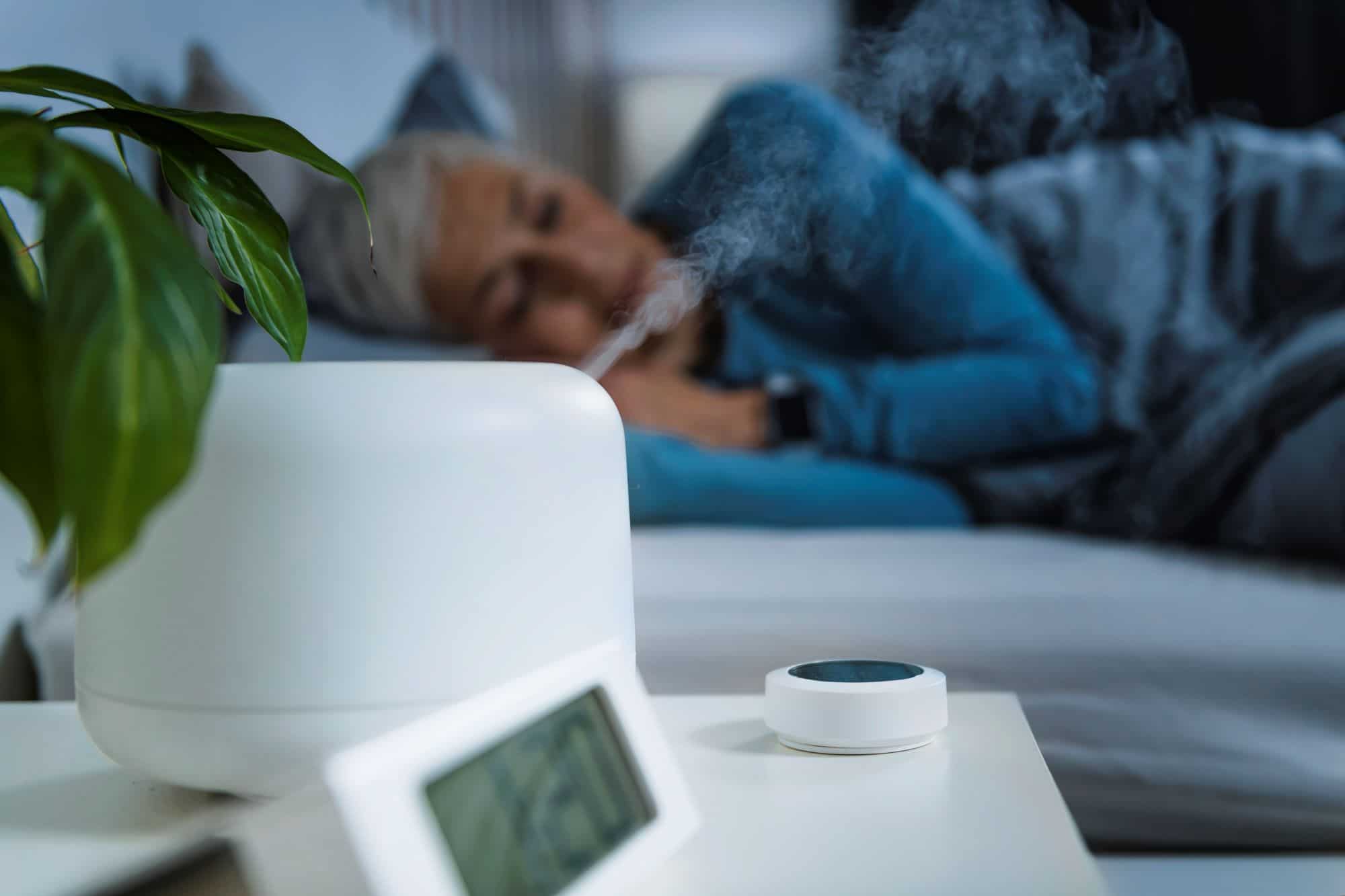Air Purifier Vs. Humidifier; Which One is Best For You

It’s a big battle, air purifier vs. humidifier; which one is the better option for you?
It is a tight race, considering that both gadgets enhance the air quality in your home or office. However, they use different methods to achieve this result. Humidifiers provide humidity, while air purifiers remove impurities in the air.
As you shop for the best air purifier between these two, here’s everything you need to know to make a decision.
Air Purifiers
The primary goal of an air purifier is to capture and remove a variety of airborne pollutants. In addition, it helps rid the air of particles and/or odorous contaminants.
The device uses various filters to capture air from inside an environment before releasing new and clean air. Some particle traps can capture particles as tiny as 0.3 microns, especially in air purifiers with HEPA filters.
Other filtration systems you might come across include activated carbon, ions, ESP, photocatalytic oxidation, and ozone production.
Electronic air purifiers, like HEPA-based ones, don’t produce any ozone or other chemicals into the air, whereas HEPA-based air purifiers are safe to use at home since they don’t release any ozone or other chemical byproducts.
Here’s how the different filters in air purifiers work:
- HEPA or low-dense filter, but solely for capturing particles.
- Activated carbon media: adsorption to eliminate unpleasant smells.
- Ionizer: Ions are charged and sent to lower the number of particles.
- EVP: Aids in attracting inorganic particles, discharges toxins.
- PCO: This is commonly used to chemically break down gases and VOCs, which then yield ozone.
- UV-C: kills microorganisms
Humidifier
Humidifiers add moisture into the air by pumping water vapor into the space and regulating the vapor flow. The spray works by turning water into a cold or warm mist and throws it into the air.
According to the EPA, “Many homeowners use humidifiers to alleviate the pain associated with dry skin, dry nose, throat, and lips.”
A wide variety of different consumer humidifiers exist, including evaporative, ultrasonic, and steam-based. For example, a wicking filter and a blowing fan generate invisible cold moisture for an evaporative humidifier.
Ultrasonic humidifiers use transducers to generate mist from water. The oscillating ultrasonic mist splits the water molecules and yields thick cold fog using ultrasonic sound waves.
The heating element boils the water in a steam-based humidifier to generate warm visible mist.
Typically, the humidity in the house should be between 30% and 60%. Above 30% humidity is dangerous for both people and pets. Mold, mildew, and dust mites can also be encouraged by excessive moisture in the air.
Most humidifiers on the market contain a hygrometer to adjust the humidity to a specific target level.
Related post Top 7 Signs That You Need a Humidifier In Your Home
Here’s how various humidifier systems work:
- Fogless Evaporative: Invisible fogless cold mist, with somewhat less density and a lot louder.
- Visible cool mist, cheap, and with little dust to release.
- Warm visible mist: Aids cold weather, uses plenty of energy.
Air Purifiers vs. Humidifiers: Which is The Best Option For You?
Humidifiers are helpful for specific individuals, while air purifiers are helpful for others.
People with asthma
As far as which device is better for someone with asthma, both devices are suitable, but air purifiers are preferable since they get rid of contaminates. Humidifiers create a comfortable climate for breathing indoors.
Babies
Babies can use both gadgets. Humidifiers are ideal if the baby’s room has dry air. However, cool mist humidifiers are the best choice if the baby has a cold or cough. That’s because the cool mist shrinks the baby’s nasal passages, enabling them to breathe better. A warm mist humidifier will have the opposite effect, making their breathing more difficult.
Air purifiers are ideal for all-year usage. They are excellent at purifying the air, reducing pollutants like allergens and smoke.
Those who are allergic
As far as allergy patients are concerned, air purifiers capture airborne allergens inside their filters, which would be pretty helpful. You can use a humidifier to get rid of dry air. Unfortunately, moisture may make the air worse and make it harder for humidifiers to filter the air.
Conclusion
So, which is best, an air purifier or a humidifier? While humidifiers are best for the dry season, air purifiers are applicable in eliminating airborne home contaminants throughout the year. Owning both have two benefits: they both contribute to the quality of the interior air, and you may use them when you need to.

